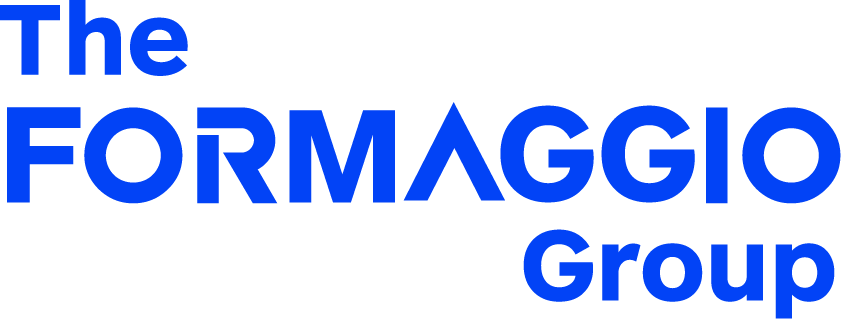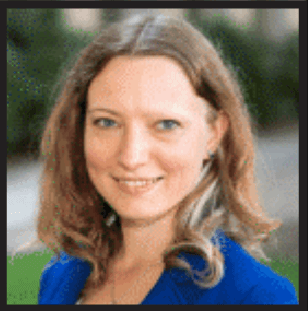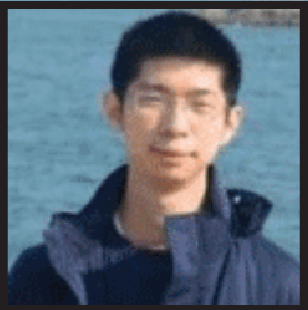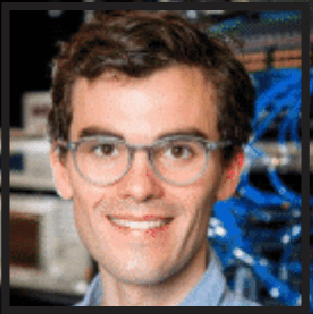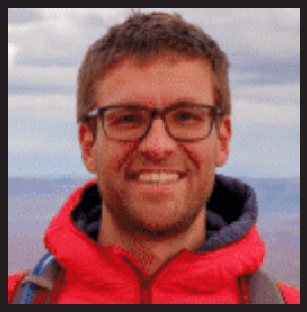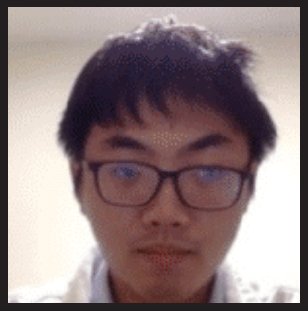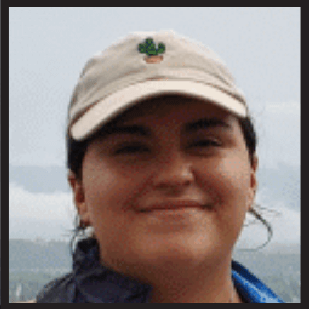ABOUT
the Formaggio Team
“Bringing people together while breaking atoms apart…”
Biographical sketch
Joseph Formaggio received his B. S. degree from Yale University and his Ph.D. in physics from Columbia University in 2001, where he did his dissertation on high energy neutrino physics. In 2001, he joined the Sudbury Neutrino Observatory as a postdoctoral fellow at the University of Washington. He joined the MIT faculty in 2005, where he continues to work on experimental neutrino physics.
Research Interests
Joseph Formaggio is an experimental nuclear physicist whose work has focused on understanding the fundamental properties of neutrinos. His previous work on the Sudbury Neutrino Observatory helped shed light on the “solar neutrino problem”, which helped to firmly establish that neutrinos have mass. His subsequent work, which continues to this day, builds on this discovery and hopes to shed light on the nature and scale of the mass of the neutrino. He is a member of the KATRIN and Project 8 experiments, which use the process of tritium beta decay —originally proposed by Enrico Fermi— to measure the mass of the neutrino directly.
Formaggio’s group develops novel detector technologies and techniques to better understand the properties of neutrinos and other rare and exotic particles. The group developed the technique of cyclotron radiation emission spectroscopy (CRES) to accurately measure the energy of electrons emitted in beta decay; a technique now used by the Project 8 experiment. The Formaggio group is also developing new cryogenic bolometers to better understand neutrino interactions at extremely low energies. Such detectors are part of the upcoming Ricochet experiment, which aims to study the process of coherent neutrino scattering using neutrinos created in nuclear reactors. More recently, the group has been exploring the potential role of quantum sensors and quantum readout systems for the purpose of detecting neutrinos and other weakly interacting particles. Formaggio also collaborates with Prof. Lindley Winslow on the upcoming CUPID neutrinoless double beta decay experiment.
Awards
2019 American Physics Society Fellow “For leadership in the pursuit of neutrino masses determination, and for developing novel technologies to attack the problem of direct detection.”
2016 Breakthrough Prize in Fundamental Physics (as part of the SNO collaboration)
Group News
Weighing the Lightest Particle, Diana Kwon, Symmetry, 02/04/16 READ ARTICLE
Cosmic rays may soon stymie quantum computing, MIT News, Jennifer Chu,
Can a quantum strategy help bring down the house? Jennifer Chu, MIT News Office, August 3, 2020 READ ARTICLE
3Q: Scientists shave estimate of neutrino’s mass in half, Jennifer Chu, MIT News Office, September 16, 2019 READ ARTICLE
3Q: The massive impact of neutrino research, MIT News, Laboratory for Nuclear Science, READ ARTICLE
On the hunt for neutrinos: Physicist Joseph Formaggio seeks new ways to detect and measure the elusive particles, ,
The Formaggio Team
Massachusetts Institute of Technology
Laboratory for Nuclear Science
77 Massachusetts Avenue, 26-505
Cambridge, MA 02139-4307
Joseph Formaggio
Professor of Physics
Division Head Experimental Nuclear and Particle Physics
Assistant: Anna Maria Convertino
Contact



To help us make the Formaggio website a positive place for everyone, we’ve been using the Web Content Accessibility Guidelines (WCAG) 2.1. These guidelines explain how to make web content more accessible for people with disabilities, and user friendly for everyone. The guidelines have three levels of accessibility (A, AA and AAA). We’ve chosen Level AA as the target for the Formaggio Group website.
We've worked hard on the Formaggio Lab website and believe we've achieved our goal of Level AA accessibility. We monitor the website regularly to maintain this, but if you do find any problems, please get in touch by visiting https://accessibility.mit.edu
© 2024 Joseph Formaggio, Formaggio Neutrino Group, Massachusetts Institute of Technology
